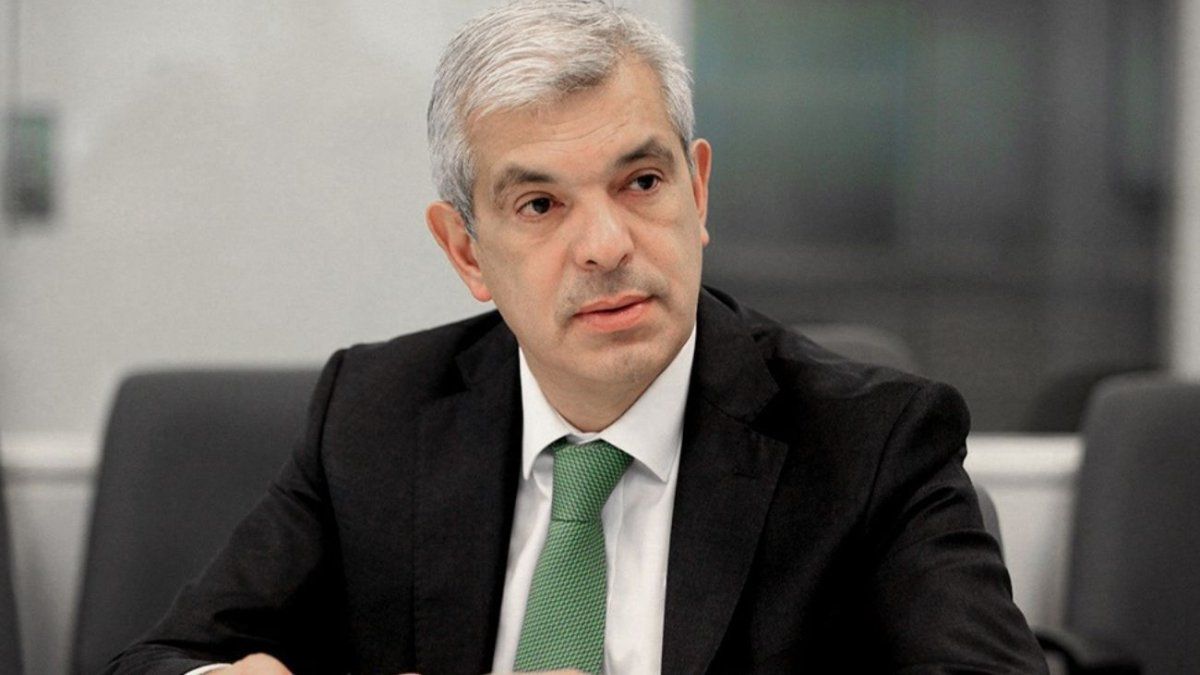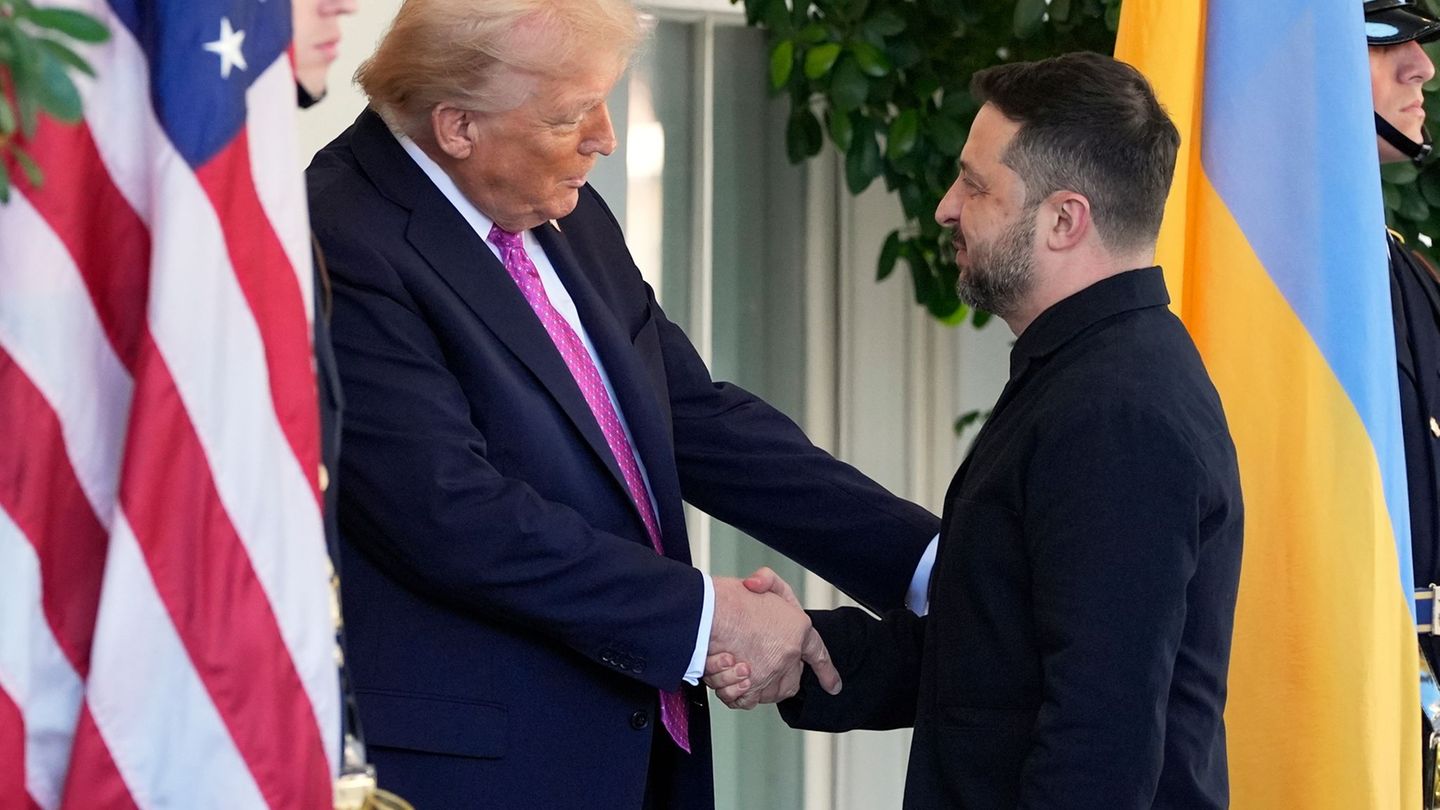Julian Dominguez: I think that unnecessary and involuntary mistakes have been made. The first was, after 20 years of work by Argentine diplomacy, the decision to withdraw from the BRICS. It is a double or triple error in the commercial insertion strategy that we had for the sector. For 25 years, the commercial scenario has been the Pacific. Leaving the BRICS also meant breaking a strategic relationship with Brazil, which is our main commercial partner, with whom Argentina has been working for 40 years to strengthen Mercosur. The third negative impact is vetoing the possibility of financing generated by the BRICS themselves. I am not talking about anything other than business, convenience for Argentina’s business opportunities.
Julian Dominguez in Deputies (1).jpeg
Julian Dominguez spoke about the current situation in the countryside.
Chamber of Deputies
Q:Argentina should there be a ministry of agriculture, livestock and fisheries?
JD: Absolutely and definitely yes. When I took office, that was my position, in fact I was the first agricultural minister in democracy. The second time I was called up due to the crisis of the closure of meat exports, I also took office as minister, and when the decision was made to turn it into a secretariat, I stepped aside, because I believe that there is a political under-representation of the agricultural sector and the interior of Argentina, which paradoxically represents the main source of foreign currency for Argentina.
It is not the same thing for a minister to speak with the President of the Republic, transmitting to him the problems, contributions and solutions, than for the agricultural sector to be resolved in an Excel spreadsheet by the Minister of Economy. In other words, the countryside is not a number. The worst mistake of the Argentine political leadership is to think of the agricultural sector in terms of numbers.
Q: H?There is a political spaceTico within Peronism to which the cto understand the field?
JD: I must tell you that, paradoxically, when I took over as Minister of Agriculture, the President (Cristina Fernández) gave me a lot of freedom. Every time I brought her a proposal, the President paved the way for all the agreements that were formalized with China. She paved the way for dialogue with the sector. I never had a single qualm.
Q: At any time?at the moment of management whowhether to take withholdings or have that discussionn?
JD: Look, I have a humanist background and Argentine society is one. Obviously, withholdings act as a redistribution tax and Argentina needs the countryside and that profitability. What is important to analyze is what relationship there is between production and what relationship there is with what we want from agricultural development. Today Argentina should be producing 70 million tons of soybeans. When taxes make the production system unviable, that must be considered immediately. You cannot be dogmatic.
The common good must be compatible with the interest of the State. A tax is of no use if it conspires against production, growth and development. I believe that a necessary harmony must be found in Argentina between what is desired and what is aspired to. The truth and the concrete thing is that the goose that lays the golden eggs is the agricultural sector and of every 10 dollars produced in Argentina, 7 are from the agricultural sector. And it is clear, and this is also a consideration, it is not emotional, it is rational, verifiable, every time there was a drought in Argentina or an impact of climatic conditions, there was an economic crisis and a political crisis afterwards.
Q: Don’t you think that the discussion on tax withholdings is already retrograde, as no country has tax withholdings?
JD: First, we should understand what obligations Argentina has. We have a bimonetary economy and a high level of debt in dollars, which was generated by the Macri government, and which was not allocated to production or industry. Argentina’s crisis is a recurring dollar crisis. What is Argentina’s way out? Stop borrowing in a currency that Argentina does not produce. The only way out for Argentina is for there to be more patriotic leaders, with a more national sense, who defend work, production, industry.
Q: But even with the Peronist governments, not much progress could be made.
JD: The agricultural sector, double against single, never made as much money as under Peronism, because there was a model for the country, because there was a cost of energy, because there was a differential in fuels, because there was an exchange rate that favored exports. So all governments were not the same. And every time the measures that were defended were applied, note that in 2001 with very low inflation, without withholdings, of the 70,000 fields in Argentina, 56,000 were mortgaged in the banks and it was the State that came to the rescue at that time. No one can irresponsibly promise what they will not be able to fulfill.
Q:Whyand Argentina, a meat producing country, can reach the point of closing meat exports? Is there an explanation for this?gica?
JD: No, there is no explanation, they were clumsy, they were clumsy, the guys who made the decision were clumsy. What did we do? We called all the governors, we called the entities and the agreement that was reached to resolve this problem was with the entities themselves. It was resolved and over 900 thousand tons were exported, what I do believe that many do not like is that the habits of internal consumption cannot be disjointed from your export capacity. I think that the State and particularly the Peronist State must guarantee harmony.
Source: Ambito
I am a 24-year-old writer and journalist who has been working in the news industry for the past two years. I write primarily about market news, so if you’re looking for insights into what’s going on in the stock market or economic indicators, you’ve come to the right place. I also dabble in writing articles on lifestyle trends and pop culture news.




